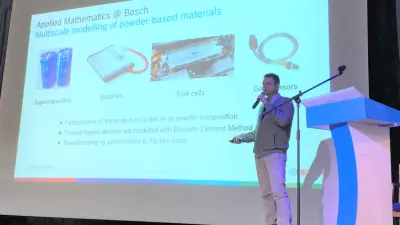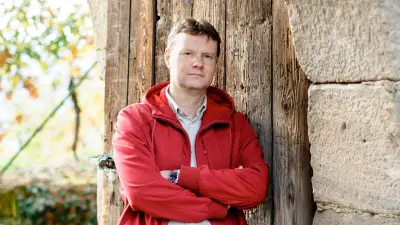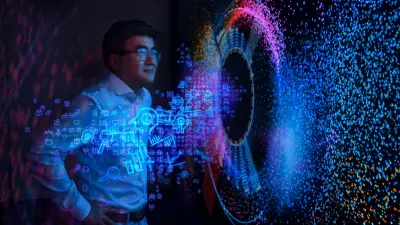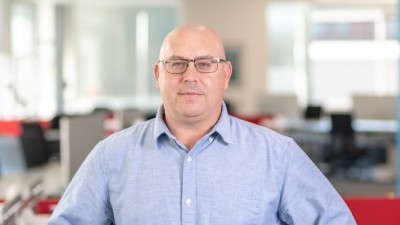Timofey Kruglov, PhD
R&D in Russia, advanced modeling and simulation methods
"Due to the abundance of commercialization channels in a modern world, value of knowledge is shifted from "know how to do" (realization), to "know what to do" (idea). This challenges the old belief that "Idea is nothing, its realization is everything."

I am a lead engineer at the Russian Technology Office in St-Petersburg. I organize and coordinate R&D projects in Russia, developing novel functional materials (thermoelectrics, metamaterials, composites for energy storage and conversion devices) and computational methods, such as Discrete Element Method, Viscous Vortex Domain method as well as generative neural networks, such as disentangled Variational AutoEncoders.
Curriculum vitae
- Technology Expert, LG Technology Center Moscow
- PostDoc, joint project with Shell Global Solutions, Utrecht University
- PhD in physics, Delft University of Technology
Selected publications

Kruglov Timofey et al (2005)
- Kruglov Timofey, Wim Bouwman, Ignatz M. de Schepper, M. Theo Rekveldt

Kruglov Timofey (2005)
- Kruglov Timofey

Kruglov Timofey (2005)
- Kruglov Timofey

Kruglov Timofey et al. (2005)
- Kruglov Timofey, Wim Bouwman, Jeroen Plomp, M. Theo Rekveldt, Gert Jan Vroege, Andrei Petukhov, Dominique M. E. Thies-Weesie
Interview with Timofey Kruglov

Lead Engineer, PhD, R&D in Russia, advanced modeling and simulation methods
Please tell us what fascinates you most about research.
Satisfaction of understanding something that no one else has yet understood. Russian science, contrary to western science, has long been, and still is in many areas, a-thing-in-itself. This difference leads to many surprises. For instance, methods abandoned in the West due to lack of apparent commercialization potential had been developed in Russia, disregarding their commercial value, revealing their hidden benefits at a stage which would have never been reached otherwise.
What makes research done at Bosch so special?
Bosch has an international R&D presence, including Russia, and creates hi-tech products in a variety of technological fields. We have a unique opportunity to unleash Russian scientific creativity and pipe it into R&D channels in multiple research fields.
What research topics are you currently working on at Bosch?
The recent advent of generative neural networks, such as disentangled variational autoencoders, has opened up an opportunity to design new systems standing on the shoulders of accumulated prior knowledge (big data). Neural networks process pixelated images, while engineering handles vectorized topological representation with a certain physical meaning. To relate one to another is my contribution to a greater collaborative project.
What are the biggest scientific challenges in your field of research?
Use of neural networks opens up enormous possibilities in designing new devices and materials. The neural network’s creativity is as high and extensive as the dataset it was trained on. If we are talking about physical devices or materials, this dataset comes from previously modeled or actually created systems. But can we transfer or merge the knowledge obtained on one set of systems to another set of systems? How similar should these systems be in terms of their functions or topology?
How do the results of your research become part of solutions "Invented for life"?
Many consumer goods will be "completely" optimized with respect to their performance and cost, meaning the highest value for customers, the lowest amount of materials used, created with the lowest effort, and most environmentally friendly.
Get in touch with me
Timofey Kruglov
Lead Engineer, PhD, R&D in Russia, advanced modeling and simulation methods

